However, while we Catholics receive forgiveness from our sins when we go to Confession, and all our eternal punishment due to sin is removed – i.e. going to hell - the temporal punishment due to those sins may still remain. This means after we die, we go to Purgatory to be purged of our remaining impurities before we can enter Heaven ‘where nothing impure shall enter (Revelation 21:27).’
This temporal punishment remains if our contrition is imperfect, that is, if we go to Confession without truly repenting of our sin or out of fear of hell. Perfect contrition is extremely difficult to achieve; it’s hard for us not to be attached in some way to our sins. Which is why we keep committing them!
In his wonderful book, Understanding Divine Mercy Father Chris Alar, MIC, a priest with the Marian Fathers of the Immaculate Conception, writes, “For those unable to have all temporal punishment remitted in this life because they don’t have perfect love, perfect contrition, or perfect detachment from sin, all hope is not lost.”
He goes on to explain the extraordinary grace of Divine Mercy Sunday. “If you have ever wished you could wipe your slate clean and start over, this is your chance! … All sins and punishment are removed by the grace of this one day, Divine Mercy Sunday, when we fulfill the conditions of a valid Confession and worthily receive Holy Communion.”
If you are a non-Catholic, or homebound and unable to get to the Sacraments because your church is closed, you can still receive this grace if you truly desire it. Ask God for forgiveness of your sins by making an Act of Contrition, and wanting to be united to God through making an Act of Spiritual Communion and the Church believes that God will grant this grace of His Mercy.
For Catholics who can attend church, first, go to Confession before or on Divine Mercy Sunday – or any time during Lent will do. The important thing is to be in a state of grace on that day, meaning that you are aware of no mortal sin on your soul. The last act is to receive Holy Communion with the intention of receiving this promised grace.
Father Alar suggests the following prayer: “Lord Jesus Christ, Son of the Living God, You promised St. Faustina that the soul that has been to Confession (I have) and the soul that receives Holy Communion with trust in Divine Mercy (I am) will receive complete forgiveness of all sins and punishment. Lord, please give me this grace. Jesus, I trust in You.”
If you recite that prayer with total trust in Jesus and a sincere intention of turning away from sin, Jesus will give you this grace. As Father Alar writes, “This grace is so powerful that it can open the door to Heaven, so don’t let Divine Mercy Sunday pass you by!”
In 2022 it is on April 24th.
You can only receive this grace for yourself, and not for a Holy Soul in Purgatory.
However, you can offer a plenary indulgence for those Holy Souls, attached to an act of worship of the Divine Mercy or taking part in a Divine Mercy service on that same day. This is separate from the extraordinary promise of Divine Mercy Sunday.
Are All My Sins Taken Care of?
As a final point, the extraordinary promise of Divine Mercy cleanses us of everything up to and including our participation in Divine Mercy Sunday. It does not remove punishment for sins committed after that date. We have to wait until the next year to receive these amazing graces.
All the more reason to take advantage of them this year!


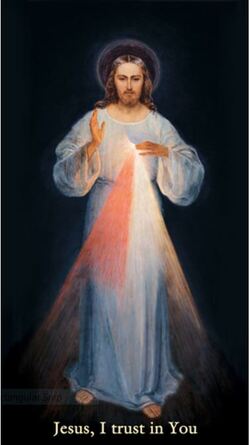
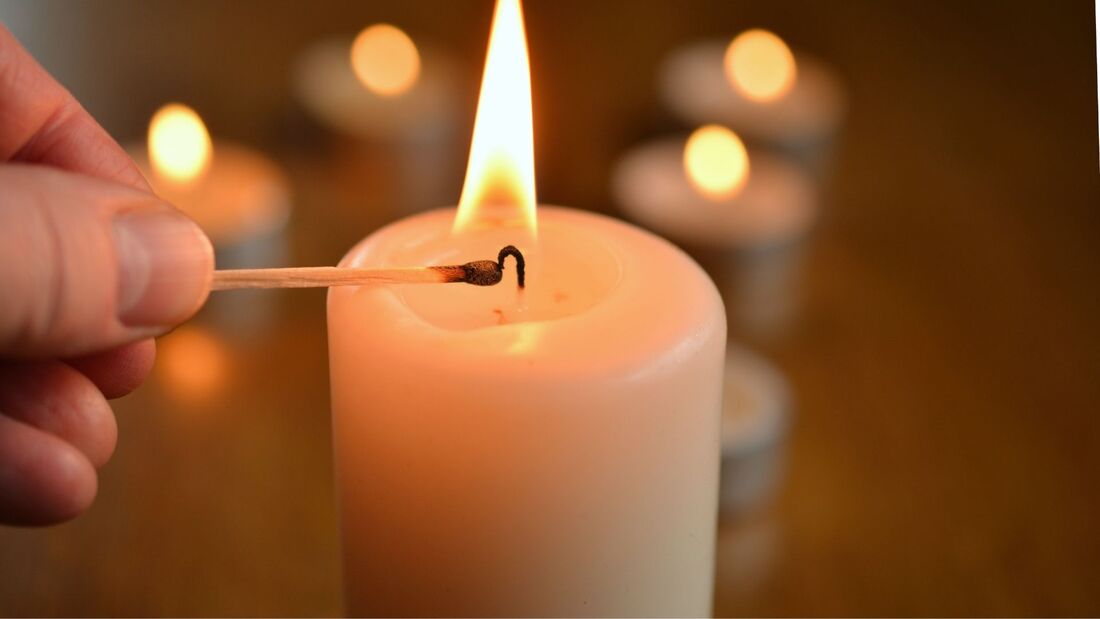





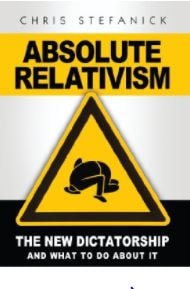
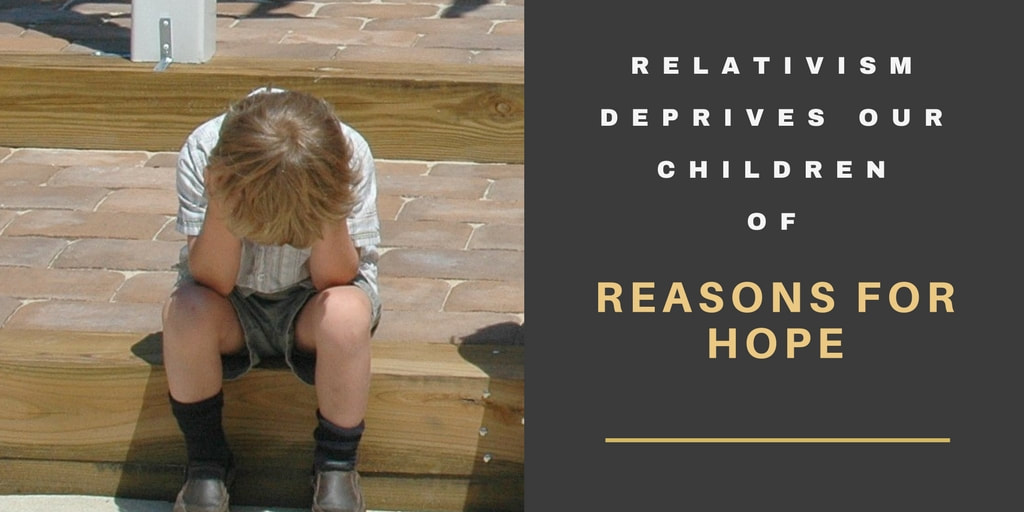
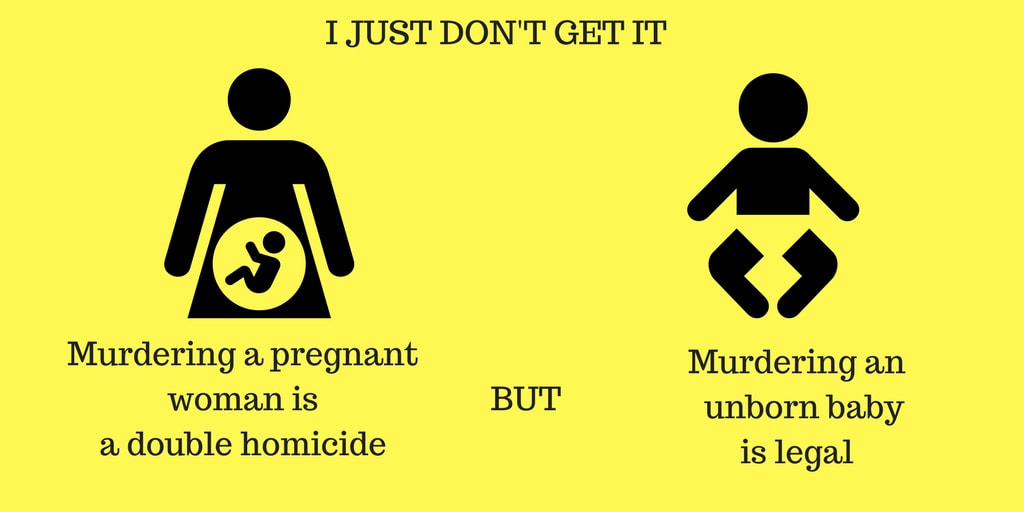


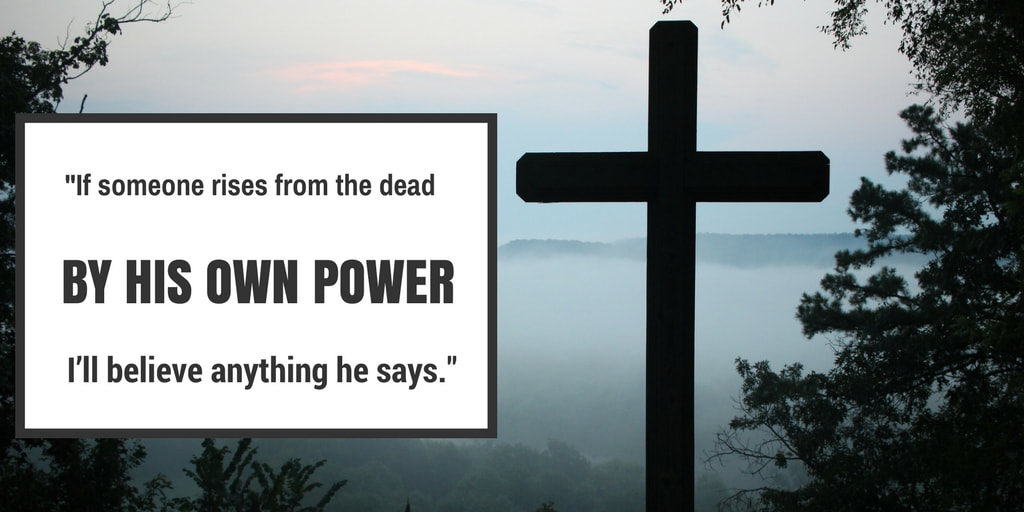
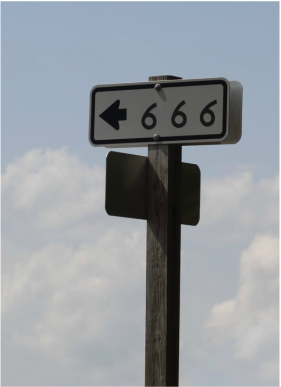
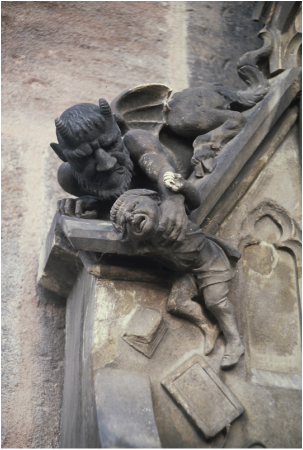


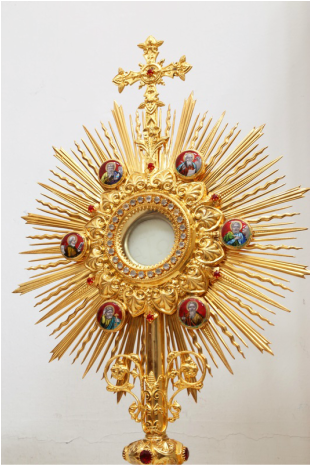
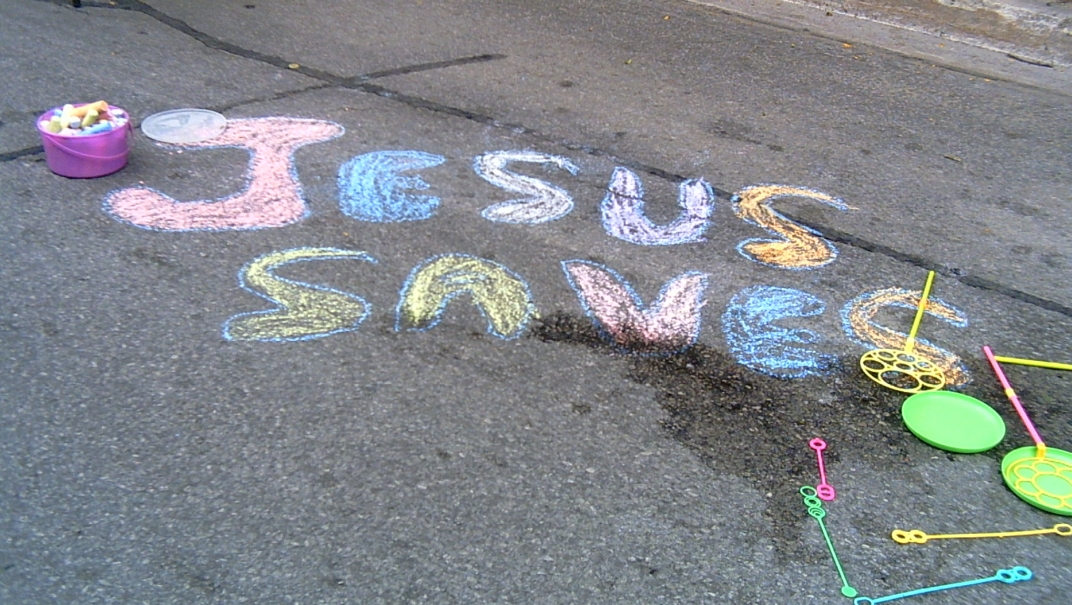
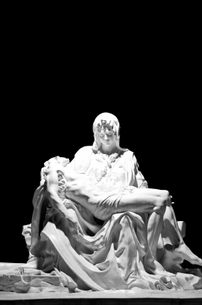

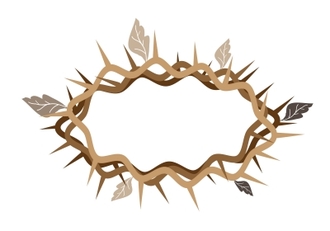

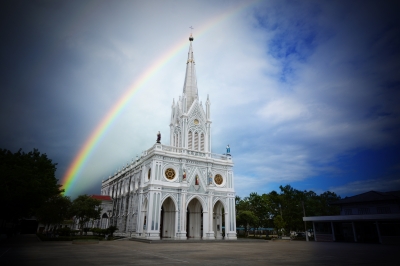

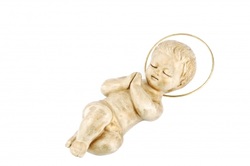

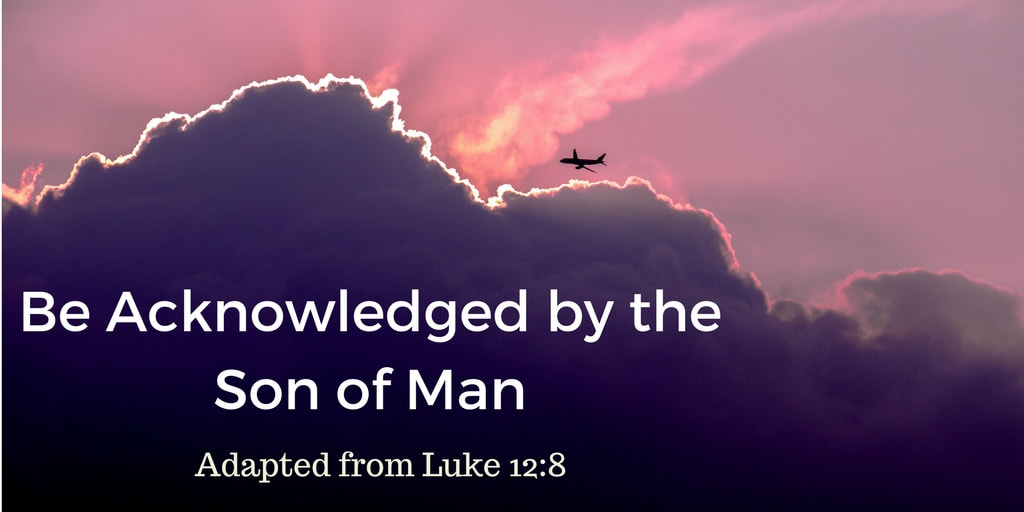
 RSS Feed
RSS Feed